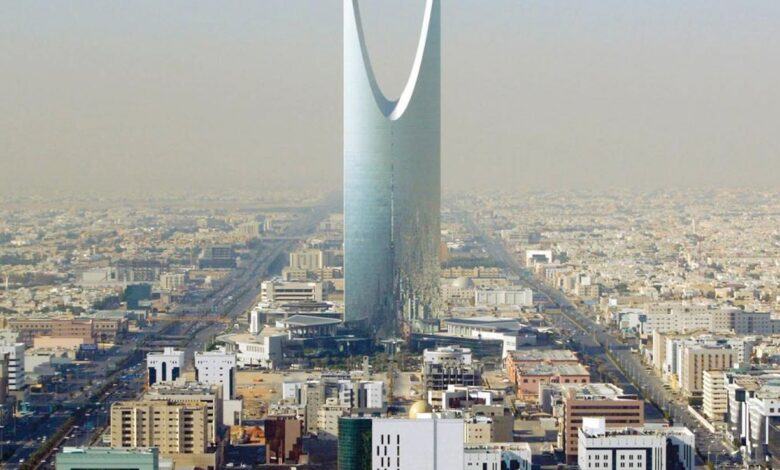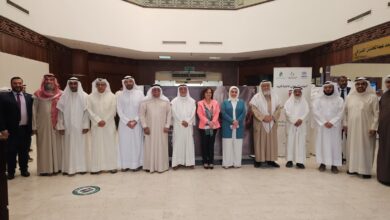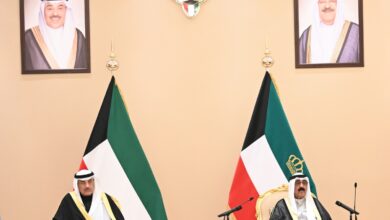
The Kuwait Financial Centre (Markaz) has released its latest report on the real estate sector in the Middle East and North Africa (MENA) region, offering an in-depth analysis of market trends in Kuwait, Saudi Arabia, and the United Arab Emirates for the second half of 2024. The report also provides insights into the sector’s future outlook for the first half of 2025.
These reports highlight the positive growth of the real estate sector in GCC countries, driven by economic recovery and proactive government policies.
As the macroeconomic indicators point to continued stability, Markaz anticipates sustained growth in the real estate markets of Kuwait, Saudi Arabia, and the UAE during the first half of 2025. Despite short-term fluctuations, the long-term outlook for the GCC real estate sector remains positive, offering attractive opportunities for investment and development.
Kuwait Real Estate Sector Report
The real estate sector in Kuwait continued its recovery during the first nine months of 2024, particularly in the investment and commercial segments. Land prices in the investment sector rose by 3.3 percent year-on-year in the third quarter, while commercial land prices saw a 7.6 percent increase during the same period.
However, the residential sector remained under pressure, with land prices declining by 3.3 percent year-on-year in the third quarter of 2024.
Meanwhile, the residential apartment investment property segment experienced moderate growth, while rental values in the commercial office sector remained stable.
Looking ahead to 2025, Kuwait’s real GDP is projected to grow by 3.3 percent year-on-year, recovering from a -2.7 percent contraction in 2024. This optimistic outlook is driven by increased project activity and expanding credit growth, which are expected to stimulate demand for commercial real estate.
As macroeconomic indicators continue to improve, Markaz’s Real Estate Market Outlook Index currently stands at 3.5 out of 5.0, reflecting sustained market confidence and growth potential.
The first half of 2025 is expected to see further acceleration, with land prices and rental rates recovering, driven by ongoing government reforms and an improving economic landscape.
Saudi Arabia Real Estate Sector Report
Saudi Arabia’s real GDP growth showed signs of recovery in 2024, with quarterly GDP improving from -4.3 percent in Q4 2023 to 2.8 percent in Q3 2024, driven by positive momentum in the tourism, real estate, and construction sectors.
The Saudi real estate price index increased by 2.9 percent year-on-year in the third quarter of 2024, driven by a 1.6 percent rise in residential land prices and a 6.4 percent increase in commercial sector values.
The commercial real estate sector, in particular, benefited from rising demand driven by strong economic growth in the non-oil sector.
Saudi Arabia’s financial position remains under some pressure, with a projected fiscal deficit of 3.4 percent of GDP in 2025.
The 2025 national budget anticipates a 6.8 percent decline in non-tax revenues, mainly due to lower oil earnings, which may be impacted by the extension of OPEC+ production cuts.
However, the government remains committed to large-scale infrastructure and mega projects, driving growth in the real estate sector.
Hosting the 2034 FIFA World Cup is expected to drive further expansion, particularly in hospitality, residential, and commercial projects.
Saudi Arabia’s real GDP is projected to grow by 4.6 percent in 2025, fueled by a 4.4 percent expansion in the non-oil sector.
Oil GDP is also expected to turn positive if OPEC+ production cuts are gradually eased.
Given these factors, the Saudi real estate sector is experiencing accelerated growth, with momentum expected to continue in the first half of 2025 as investor confidence strengthens and government initiatives drive market expansion.
UAE Real Estate Sector Report
The UAE real estate sector saw record activity in 2024, with total sales transactions reaching AED 457 billion ($124.4 billion) by mid-November, marking an 11 percent increase from 2023 and a 72 percent rise from 2022.
Dubai continues to attract international investors, driven by favorable initiatives like the Golden Visa program.
The UAE’s non-oil economy is expected to grow steadily, supported by the strong performance of the tourism and real estate sectors.
Dubai remains a leading global destination due to its competitive affordability compared to cities like Hong Kong, Singapore, and London.
Lucrative rental yields, at 6.4% in Dubai and 5.8% in Abu Dhabi, continue to be a key factor in attracting investors.
The UAE’s real GDP is projected to grow by 5.1 percent in 2025, supported by strong expansion in the non-oil sector and a 6.7 percent rise in oil GDP.
Dubai’s real estate sector remains a key driver of this growth, bolstered by the Dubai Real Estate Sector Strategy 2033, which targets Dh1 trillion ($227.2 billion) in total real estate transactions by 2033, a Dh73 billion contribution to Dubai’s GDP, and a 20-fold expansion of the emirate’s real estate portfolio.
Additionally, sustained demand for off-plan properties, along with continued expansion in the residential, office, and hospitality sectors, is expected to drive real estate activity in the first half of 2025.
Source: Al Jarida













